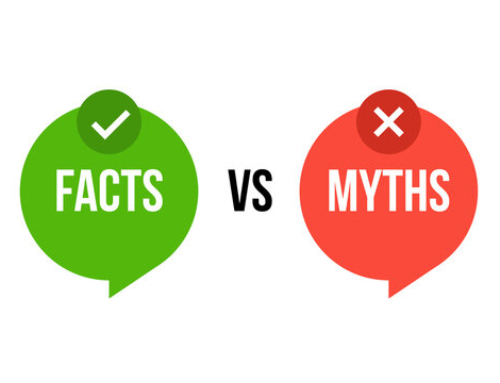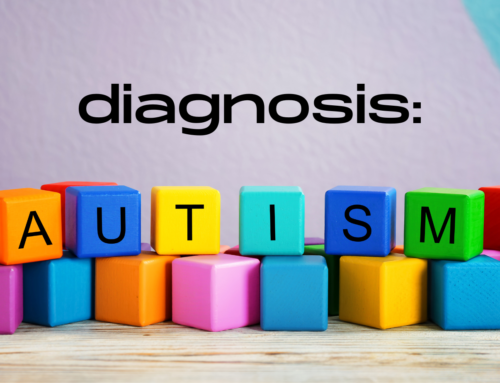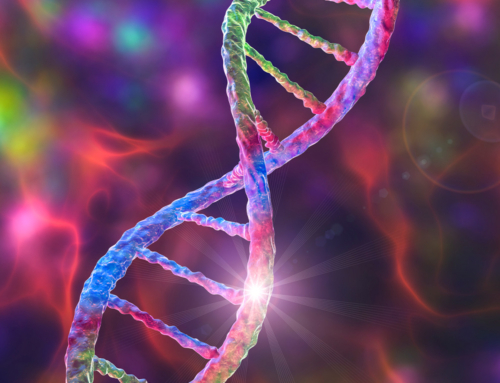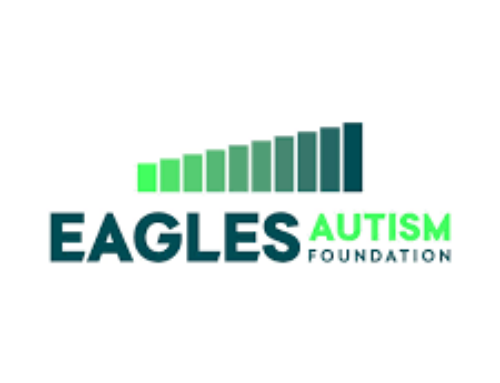Scientists say many of the brain changes seen in autism likely occur during pregnancy and delivery.
Two new studies add to a growing body of evidence pointing to pregnancy as a critical period in the brain changes that lead to autism.
One study, published Tuesday in Annals of Neurology, finds a four-fold increase in autism among women who had very low levels of a key thyroid hormone, called thyroxine. Researchers found the link in a study of more than 4,000 Dutch mothers and children. Doctors took blood samples from women around the 13th week of pregnancy, then followed up six years later, asking women to fill out a standard psychological checklist about the child’s behavior and emotional traits.
A second study, published Monday in JAMA Pediatrics, notes that pregnant women who have their labor started or sped up artificially are slightly more likely to have autistic children.
The increased autism risk in the JAMA study likely stems from an underlying problem with the pregnancy, rather than any of the methods used to jump-start labor, says lead author Simon Gregory of the Duke Institute of Molecular Physiology.
It’s possible that “infants destined to develop autism are less likely to send out the correct biochemical signals for normal progression of labor,” says Tara Wenger, a pediatric genetics fellow at the Children’s Hospital of Philadelphia, who wasn’t involved in either study.
Authors of the JAMA study note their research doesn’t definitively prove a link betwen labor induction and autism. They say doctors shouldn’t change the way they manage labor and delivery based on their study, funded by the Environmental Protection Agency.
Read the whole story at USAToday.com






